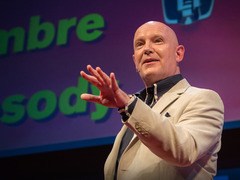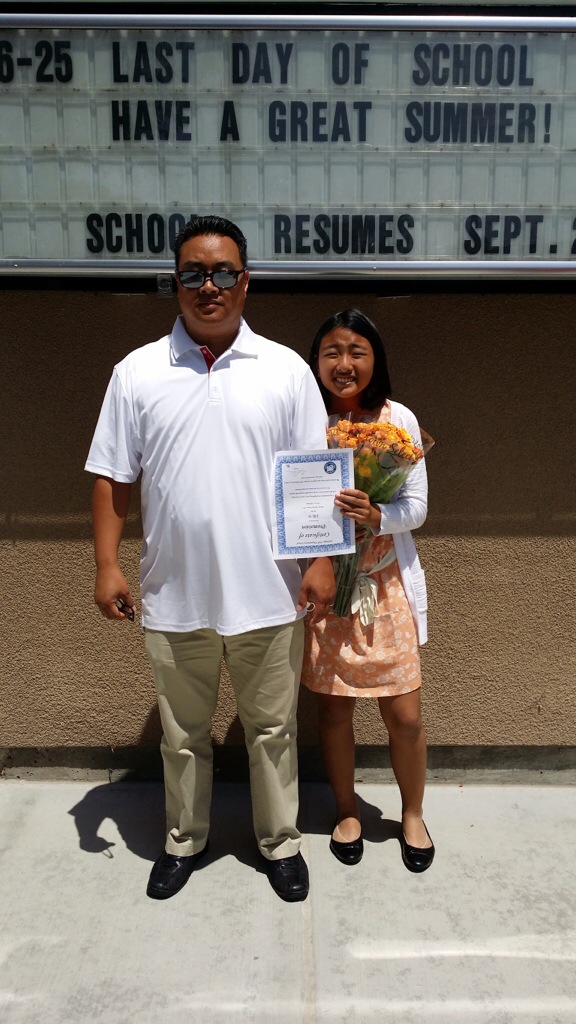NOTE: On Thursdays, I will try to provide a preview of what I will be teaching on Sunday. Usually, I will post what I am going to teach in TGSC KiDS, but about once a month, I’ll also preach to the TGSC EM adults.

I had an opportunity to watch the third Kung Fu Panda movie this week and I must say that I was thoroughly inspired spiritually. Despite the movie obviously being heavily influenced by Eastern spirituality (i.e., Buddhism), it has much to say from a Christian perspective as well. Don’t get me wrong. I am definitely not a universalist. I do not believe all paths lead up to the top of the mountain. I do believe, though, that you can find redemptive truth in almost every story. As I begin a series on Spiritual Formation (also a controversial topic), I look forward to sharing what Po’s “enlightenment” can teach us about our own spirituality. Join us at TGSC this Sunday as I share three things I learned from the movie that can help us move past ourselves and grow in our faith.








